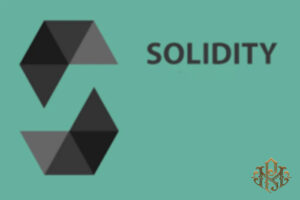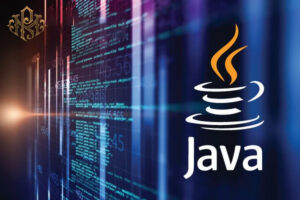
Close



Blockchain technology has evolved rapidly and has revolutionized various industries by providing decentralized and secure solutions. Behind the scenes, developers play an important role in building blockchain applications, and their choice of programming languages significantly affects the efficiency and performance of these decentralized systems. In this article, we will explore six popular blockchain programming languages that are prominent in the development of distributed ledger applications.

Solidity is one of the most widely used programming languages for developing smart contracts on the Ethereum blockchain.
Designed with Ethereum in mind, Solidity allows developers to create self-executing contracts that automatically enforce predefined rules without the need for an intermediary. Its syntax is similar to JavaScript and is accessible to developers familiar with web development.

Rust has gained popularity due to its focus on safety and performance. Developers appreciate Rust’s memory safety features, which are very important in blockchain programming.
Polkadot, a multi-chain blockchain platform, uses Rust to build parachains (individual blockchains on the Polkadot network). This language’s emphasis on preventing common programming errors increases the security of decentralized applications.
Known for its simplicity and efficiency, Go has found its way into the blockchain development landscape. Go’s concurrency model and fast compilation make it suitable for building scalable and efficient blockchain applications. Hyperledger Fabric, a permissioned blockchain framework, uses Go to develop smart contracts and provides a strong foundation for enterprise-level blockchain solutions.
C++ has a long history in software development and is widely used in blockchain development. Bitcoin, the pioneering digital currency, is implemented in C++. Many other blockchain platforms, such as EOS and Bitcoin Cash, use C++ for their core functionality. C++’s performance-oriented features make it the preferred choice for projects that require high-speed processing.

The versatility and independence of the Java platform has led to its adoption in the blockchain space.
Various blockchain frameworks and platforms, including Corda and Hyperledger Fabric, use Java to develop smart contracts. Its object-oriented nature and broad community support make Java an attractive option for companies investing in blockchain technology.
Vyper is an alternative to Solidity designed specifically for developing Ethereum smart contracts. With the aim of creating a safer environment for writing smart contracts, it focuses on simplicity and auditability. While not as feature-rich as Solidity, Vyper’s simplicity reduces the attack surface, making it an excellent choice for applications where security is a top priority.
As blockchain technology continues to evolve, so does the landscape of programming languages that support its development. The choice of programming language depends on various factors, including the specific blockchain platform, project requirements, and developer preferences. Understanding the strengths and weaknesses of each language enables developers to make informed decisions, ultimately helping the growth and success of the decentralized future.